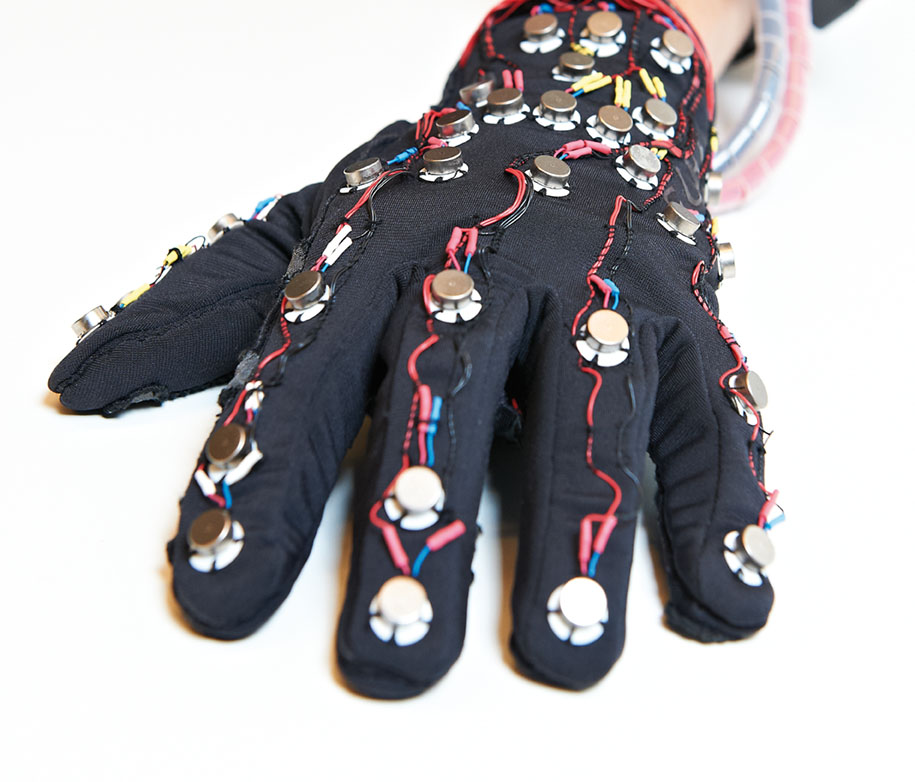
How “patent assertion entities” stifle innovation. (It’s even worse than you think.)
When hospitals come upon a technology with a proven track record of saving lives, you’d expect a flood of investment to expand its use, and a race by manufacturers to bring new products to market. Digital medical records, which give physicians quick and easy access to patients’ case histories, is an example of such a technology. Over the past dozen or so years, hospitals across the country have gone digital, leading to better patient outcomes and making hangar-size file-storage facilities obsolete. But even as more hospitals opted into using computer records, the leading vendors of picture storage software—an important component of medical records—completely stopped introducing new products to the market.
Why, precisely when the market for their product had just taken off, would companies stop innovating? An explanation comes from Catherine Tucker, an economist at MIT who has studied the medical IT sector. In an unpublished study, she shows that the slowdown in R&D occurred as a result of litigation by a company whose primary reason for existing is to acquire the rights to others’ inventions and file patent claims against producers of related products—a patent troll. Tucker’s study is, to date, one of the best pieces of quantitative evidence of the broken state of America’s patent system, a critical concern not just for improving health care but for encouraging the innovation that’s needed to ensure future economic prosperity.
Patents exist for good reason—to allow inventors to reap the spoils of the creativity and hard work required to come up with a “new and useful” product. If we could all sponge off the inventive efforts of others, who would bother coming up with new ideas in the first place?
At the same time, ideas are different from physical property, like a house or a machine that two people or companies can’t use at the same time. Ideas are “non-rival” in nature, which means everyone can use them at once, and they don’t wear out from use. We allow patents to expire after a number of years so they can eventually be used by everyone, and we permit inventors to license their use to others in exchange for payment, so the greatest number of people benefit from innovations even in the short run.
We also let people buy and sell ideas—the same as a house or car—to allow their rights to be transferred to those who can make the best use of them. Biotech companies can focus on developing new drugs, then transfer their ownership to pharmaceutical giants that can manufacture and market them. The much-romanticized solitary inventor can focus on coming up with new ideas, then sell them off to someone better suited to selling licenses or using an application.
That’s where patent trolls—the more polite term is patent assertion entities—come in. They are companies set up for no other purpose than buying and exploiting the inventions of others. At times, they do it by licensing technologies—precisely the type of activity that creates a market for inventions, which in turn encourages innovators who might not otherwise expect to earn a return from their work. But often, trolls buy patents with the intent of suing first and asking questions later.
Via Slate.com – Ray Fisman ᔥ
Bookmark this page for “patent troll” and check back regularly as these articles update on a very frequent basis. The view is set to “news”. Try clicking on “video” and “2” for more articles.
>








